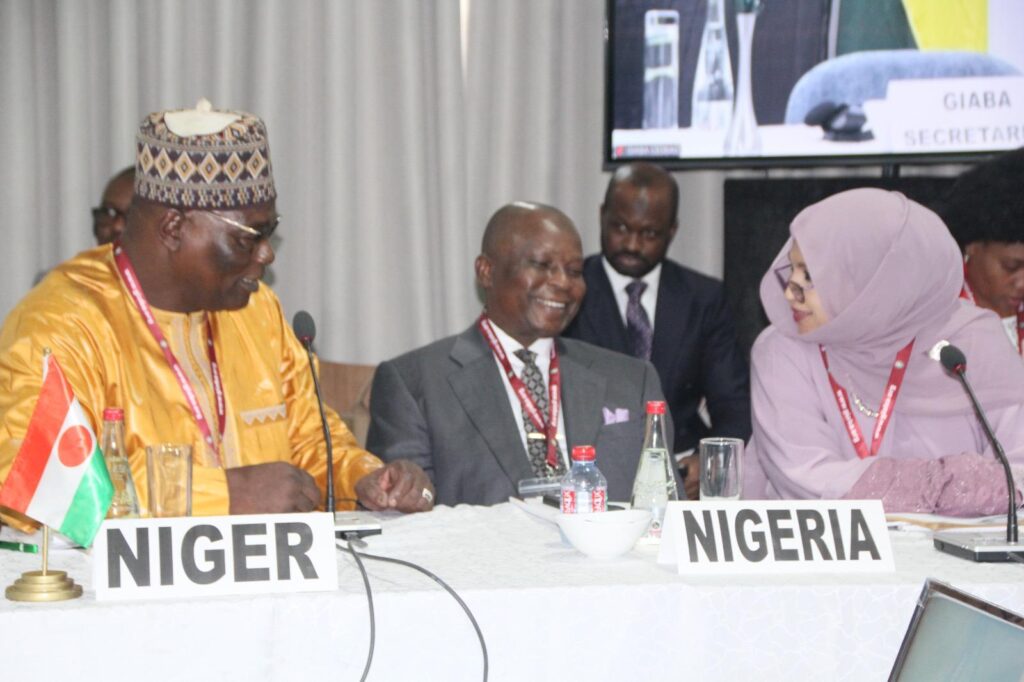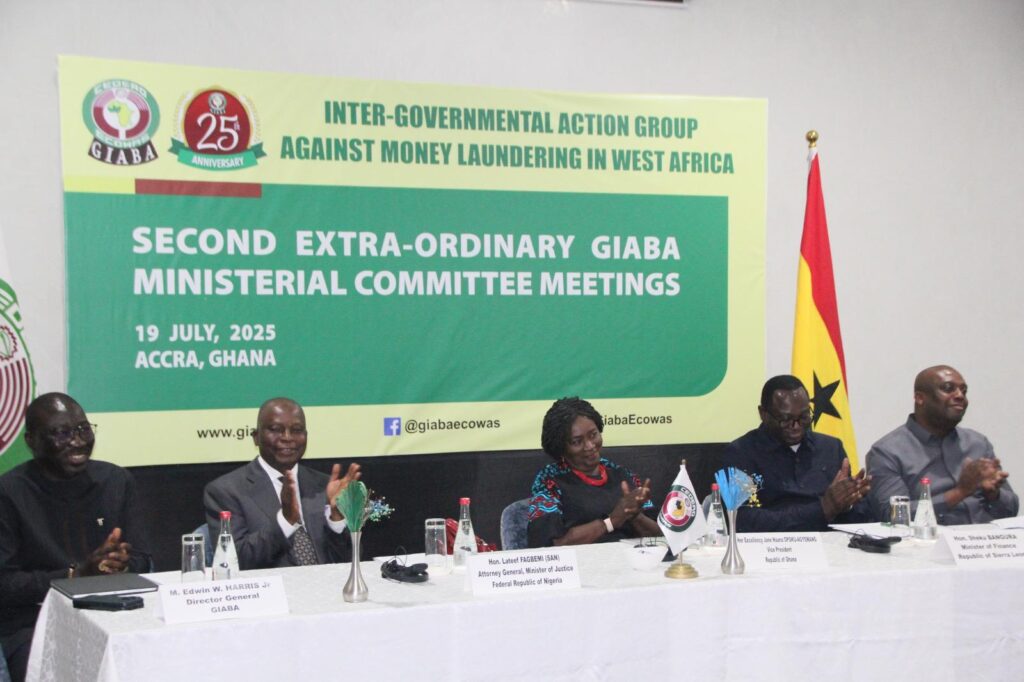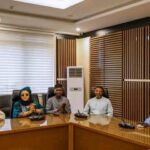GIABA Admits Niger, Mali, Burkina Faso as Non-ECOWAS Members in Regional Security
By Raymond Enoch
In a significant diplomatic shift with far-reaching implications for regional security cooperation, the Inter-Governmental Action Group against Money Laundering in West Africa (GIABA) has endorsed the membership of Niger, Mali, and Burkina Faso as non-ECOWAS member states.

This landmark decision emerged from the 2nd Extraordinary Meeting of the GIABA Ministerial Committee (GMC), held in Accra, Ghana, on July 19, 2025. The move marks a major pivot in West Africa’s efforts to tackle money laundering and terrorism financing, amid escalating insecurity across the Sahel.
The three Sahel nations, having recently withdrawn from the Economic Community of West African States (ECOWAS), were unanimously welcomed by GIABA Ministers to retain their involvement in the regional anti-money laundering body — despite their formal exit from the parent bloc.

The Ministers underscored the need for continued collaboration in addressing transnational threats that know no borders. “Security is a collective responsibility. This decision ensures the continuity of shared vigilance in the face of persistent threats,” said a high-level source close to the deliberations.
The endorsement, while not final, will be transmitted to the ECOWAS Council of Ministers and ultimately to the Authority of Heads of State and Government for ratification — a process that is expected to test regional unity against a backdrop of political divergence.
The meeting also marked a transition of leadership within the GMC. Nigeria’s Minister of Justice officially handed over the chairmanship to Sierra Leone’s Minister of Finance, who now assumes the helm of the Committee. The session was formally opened by Ghana’s Vice President, Professor Jane Naana Opoku-Agyemang, who emphasized the need for strategic partnerships and regional solidarity in confronting instability.
GIABA’s evolving framework is poised to become a rare platform for continued engagement with the three Sahelian countries at a time when political tensions have strained ECOWAS relations. The decision to retain Niger, Mali, and Burkina Faso within the GIABA fold is being viewed as a pragmatic step to ensure that counter-financing and anti-laundering cooperation does not become collateral damage in the face of geopolitical rifts.
Observers note that the move could serve as a blueprint for future cooperation with other countries that may find themselves politically estranged from ECOWAS, but still vital to regional security and financial integrity.
With the stakes higher than ever, GIABA’s stance reaffirms the organization’s technical independence and its commitment to inclusive, security-focused engagement across West Africa.









